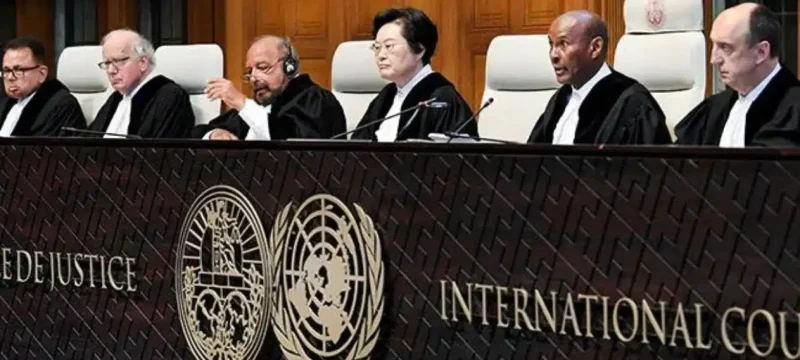In a dispute between Pakistan and India over the Kishanganga and Ratle hydropower dams, the Permanent Court of Arbitration (PCA) in The Hague has rejected India’s objections to its jurisdiction.
The PCA ruled in favour of Pakistan, claiming jurisdiction over the Kishanganga dispute. The court’s ruling is final and cannot be appealed.
Pakistan is concerned about India’s development of the Kishanganga hydroelectric project on the River Jhelum, as well as plans for the Ratle hydropower project on the Chenab in Indian-held Jammu and Kashmir.
Read more : Kareena Kapoor Khan Shares Heartwarming Post on International Yoga Day
In August 2016, Pakistan launched legal actions under the Indus Waters Treaty, proposing the establishment of an ad hoc Court of Arbitration.
The Indus Waters Treaty has two dispute resolution mechanisms: the Court of Arbitration, which considers legal, technical, and systemic concerns, and the Neutral Expert, who solely handles technical issues.
Pakistan chose the Court of Arbitration due to systemic issues that required legal interpretation.
India replied by asking the appointment of an impartial expert late in the process, which Pakistan interpreted as a sign of poor faith.
The World Bank paused the dispute resolution processes in 2016 to avoid contradicting conclusions and encouraged the two countries to agree on a single forum.
Despite Pakistan’s participation in both the Court of Arbitration and the Neutral Expert, India has chosen to abstain from the Court of Arbitration.
The court can now proceed without India’s involvement. The PCA has not disclosed information on the case’s continuation, but has stated that it will address the interpretation and application of the articles of the Indus Waters Treaty pertaining to hydropower projects, as well as the legal significance of previous dispute resolution rulings.
Pakistan’s Foreign Office announced in reaction to the PCA’s decision that it is committed to executing the Indus Waters Treaty, including its dispute settlement process.
However, they were unable to reach an agreement, and the World Bank lifted the ban after six years, establishing the Court of Arbitration and appointing a neutral expert.









